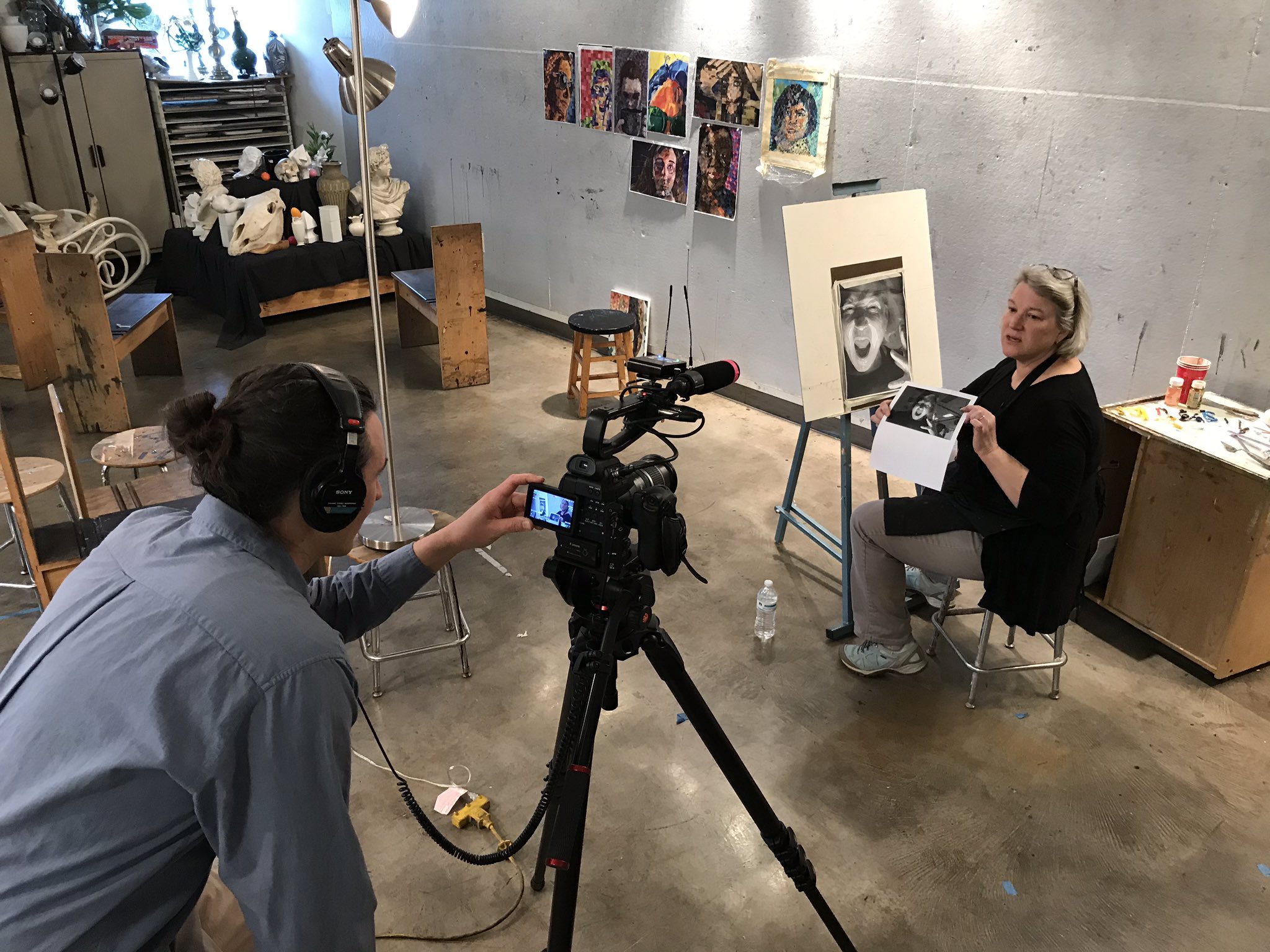The campus-wide change made in response to the COVID-19 outbreak comes as classes resume following Spring Break. Since Elon announced the change on March 11, faculty members have been working diligently to create robust online learning experiences for students.
Elon faculty and undergraduate students resume their courses today, but with a significant change. In response to the national coronavirus (COVID-19) outbreak, the university has moved its courses online, with faculty members employing technology and creativity to engage with students during the weeks ahead.
The shift to online learning is part of an effort to combat the spread of COVID-19 among Elon students, faculty, staff and the community. The university is relying upon social distancing measures to reduce the risk of exposure and has told students to not return to campus after Spring Break if they don’t have to, while implementing other operational changes.
“Elon University is committed to completing the semester and ensuring that all students can fulfill their academic requirements and degree progress,” President Connie Ledoux Book said in a March 11 message to the university community announcing the change. “Although the decision to alter classes was difficult as it will impact Elon’s residential learning environment for a few weeks, we are confident these measures will help to protect all members of our community.”
Since the shift to online learning was announced nearly two weeks ago, faculty members have been learning about new technological tools they can tap into, collaborating on methods to shift assignments and interactions online and learning how to best connect with students and each other.
Paul Miller, assistant provost for academic operations and communications, said since the change was announced, he’s seen widespread collaboration across the university as faculty members share their own plans, solicit ideas from each other, learn to use new tools and find innovative ways to connect and communicate. The focus is on delivering the best learning experience as we can for students, while integrating flexibility and adaptability.
“You can’t overstate the commitment of our faculty to delivering this remote teaching during a very complex time,” Miller said. “It’s really astounding. We need to recognize that this is happening in real time, and across all our programs. It’s great work.”

Miller points to how his colleagues in the Department of Exercise Science turned to the Microsoft Teams platform to collaborate. Faculty members shared their own plans for how they were going to transition to online, and sought input for how previously in-person activities might be adapted to online. They talked about how to support students
during this transition, and also how to support each other. Tip sheets for deploying new technological tools were posted, as well as links to resources to support online learning.
Associate Professor Amy Allocco from the Department of Religious Studies recently shared about how she has built upon personal connections among students to shift her senior seminar online. Read more about her efforts here.
The university has ramped up its technological support and training resources, with webinars and training sessions in the weeks leading up to the resumption of classes on March 23. That includes work by Teaching and Learning Technologies to assist faculty as they prepare for online coursework by producing videos and helping to deploy online content.
Associate Professor of Computer Science Shannon Duvall recently shared on social media that she’s tapped into Teaching and Learning Technologies webinars to support her efforts to move online. “I will try to make choices that will hopefully benefit everyone as fairly and equally as possible, giving everyone what they need to succeed in the course,” Duvall said. “I want to be as creative as I can to make sure I am giving an Elon-quality engaged experience online.”
The university’s Technology Service Desk will be open daily from 7:30 a.m. to 7:30 p.m. Along with the extended hours, the Technology Service Desk and is pulling in additional personnel. More details about the technological support efforts are available here.
The university’s COVID-19 website has served as a clearinghouse of university communications and information, including a section devoted to Faculty Teaching Information and an extensive Faculty Resources for Remote Learning resource page.
“Everything I am seeing as we go through this challenging process supports the idea that we genuinely care for each other as a community,” Miller said. “We understand this is unusual, it’s stressful, it’s a very different environment, and there’s an acknowledgement that it’s a lot of work.”



